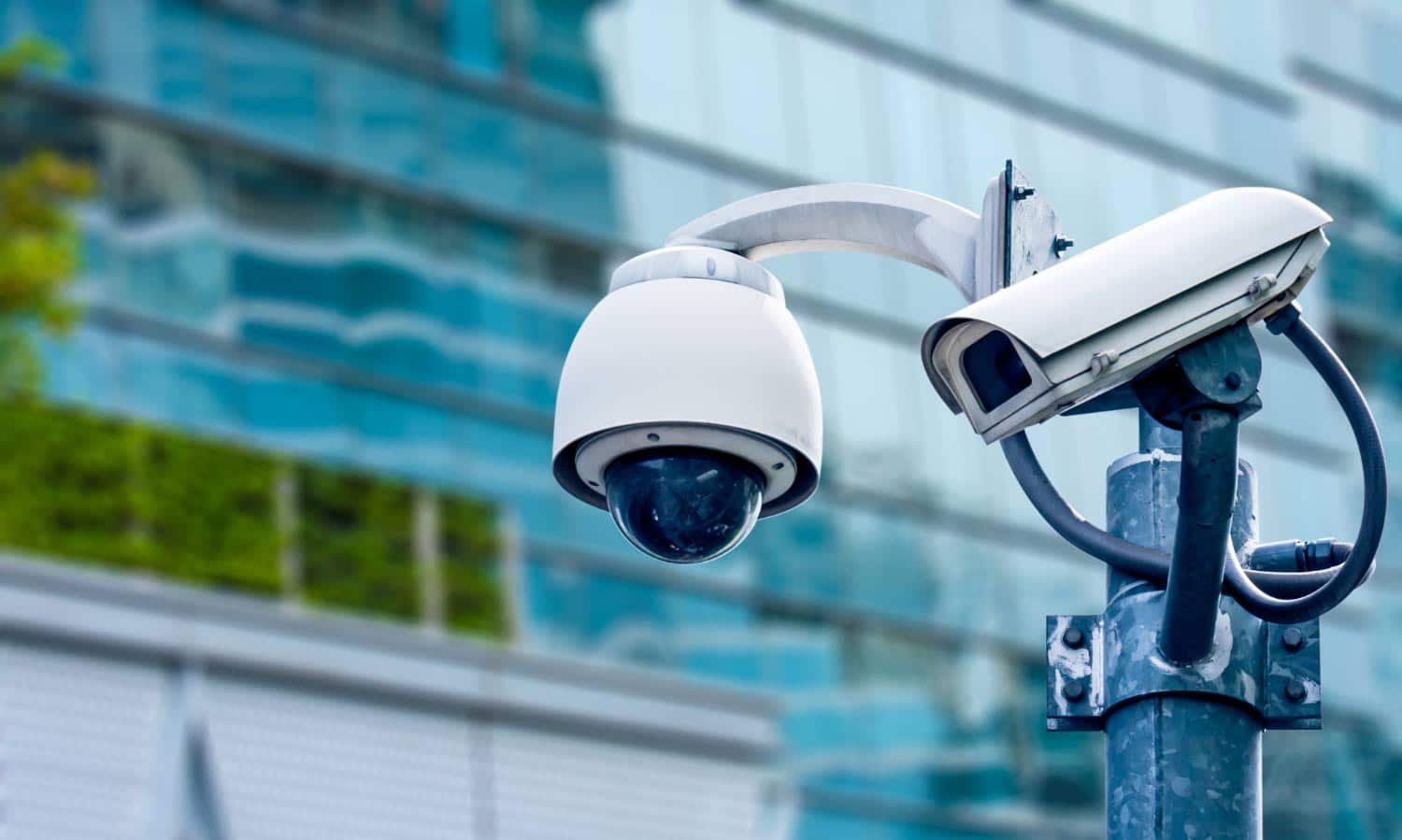Understanding the importance of a reliable business security system
A reliable business security system is more than just a set of tools or protocols; it’s the backbone of any organisation’s operational integrity. In an era where data breaches and physical threats are rampant, investing in a security system becomes crucial for safeguarding your assets, both tangible and intangible. This is not just about loss prevention; it’s about maintaining your reputation and ensuring the trust of your clients.
The role of business security system in business operations cannot be understated. It provides a protected environment for employees to work efficiently, ensures the continuity of business activities, and helps organisations comply with various legal and regulatory requirements. In today’s interconnected world, the ramifications of neglecting security can lead to significant financial and reputational damage.
The role of security in business operations
The role of security extends through every aspect of business operations. Right from how premises are secured physically, to how data is protected digitally, robust security measures form the foundation of operational reliability. Moreover, it engenders a culture of safety among employees, which is invaluable. A workforce that feels secure is more productive and engaged in their work.
Additionally, a strong security posture can enhance customer trust. When clients know their sensitive information is protected, they are more likely to engage with your services, knowing they are in safe hands.
Identifying potential security threats in different industries
Identifying potential security threats requires a tailored approach, as threats differ across various industries. Retail, for example, may face a higher risk of theft and fraud, while tech companies are often targeted for data breaches. Service-oriented businesses might be more vulnerable to social engineering attacks, where an attacker manipulates individuals into divulging confidential information.
Conducting a risk assessment specific to your industry is crucial. This means identifying what assets are most at risk, evaluating how they can be compromised, and taking steps to mitigate these vulnerabilities. In many cases, speaking with industry experts or consulting security professionals can yield valuable insights into potential threats your business needs to consider.
Key components of a robust business security system
To build a reliable security system, it’s vital to include multiple layers of defence. This means integrating both physical security measures and digital solutions into your strategy. Each component plays a unique role and collectively enhances the strength of your security posture.
Physical security measures for businesses
Physical security should be the first line of defence against unauthorised access. This involves installing surveillance cameras, monitoring entry points, and using authentication measures such as keycards or biometric systems. By controlling who can enter your premises and monitoring their activities, the risks associated with physical threats can be significantly reduced.
Furthermore, don’t overlook the importance of good lighting and secure locking mechanisms. These simple measures can deter potential intruders and safeguard your facility effectively.
Digital security solutions for modern businesses
In parallel with physical security, businesses today must invest in robust digital security solutions. This begins with implementing firewalls and encryption for sensitive data. Regular updates to software and systems are also essential to protect against the latest threats.
Moreover, cybersecurity awareness training for all employees can fortify your organisation. Employees are often the weak link in security; therefore, prepping them to recognise phishing attempts or suspicious behaviours can play a pivotal role in safeguarding your digital assets.

Steps to building a reliable business security system
Building a robust security system doesn’t happen overnight and involves several steps. The process begins with understanding the unique needs of your business and what vulnerabilities you face.
Assessing your business’s security needs
The first step in securing your business is performed through a thorough assessment of its security needs. Take stock of your assets, be they physical goods, intellectual property, or sensitive customer data. Assessing potential vulnerabilities within these facets is crucial.
Utilising technology such as risk assessment software can help identify areas requiring attention. Additionally, considering historical data on security incidents within your industry can provide invaluable context and enable better preparation.
Choosing the right security tools and technologies
Once you’ve assessed your needs, selecting the right security tools and technologies becomes paramount. Factors to consider include the cost, ease of integration, and the specific features that cater to your assessed vulnerabilities.
Employing a mix of hardware and software solutions — from CCTV systems to cybersecurity platforms — will bolster your defence effectively. Don’t hesitate to consult security experts and participate in industry forums to keep abreast of the latest advancements.
Implementing your security system effectively
Implementing your security strategy is where the groundwork comes to fruition. Make sure all employees are aware of the new protocols and tools being introduced. Clear communication provides clarity and encourages compliance, which is vital for an effective security posture.
Additionally, ensure that systems are properly set up and all employees have received adequate training on how to use security tools. A phased rollout can be an effective strategy to address unforeseen challenges as they arise, rather than overwhelming staff with changes all at once.
Maintaining and updating your business security system
Once in place, a security system requires regular maintenance and updates to remain effective. An ongoing commitment to security is necessary to adapt to emerging threats.

Regular security audits and updates
Conducting regular security audits will help identify weaknesses and evaluate the effectiveness of your current measures. Have a checklist of what to audit, including both physical and digital security aspects, to maintain a thorough approach.
Logging incidents and undertaking periodic reviews can help refine your security strategy over time. The more proactive you are, the less vulnerable you will be to unexpected threats.
Training staff on security protocols and procedures
Regular training sessions for staff can ensure that everyone understands their role in maintaining security. Employees should be updated on the latest protocols and any changes to existing policies.
Interactive training sessions can engage staff effectively, fostering a culture of security awareness. Role-playing scenarios can effectively highlight potential threats and the importance of vigilance, ultimately encouraging a collective responsibility towards security.
Overcoming common challenges in business security
Once you’ve established a security system, various challenges may arise. Addressing these challenges head-on allows your business to remain secure and resilient.
Balancing security needs with business operations
One common challenge is finding the right balance between security and operational efficiency. Overly stringent security can hamper productivity, but too lenient measures can expose your business to risks.
To navigate this, involve employees in discussions about security measures and solicit feedback. By promoting an understanding of why certain measures are necessary, employees will be more likely to comply, resulting in a smooth integration of security into everyday operations.
Addressing the cost of business security
Lastly, the cost associated with implementing and maintaining a security system can be daunting. However, it’s vital to view security as an investment rather than an expense. The consequences of security breaches often far outweigh the cost of prevention.
Consider phased implementations or reaching out to security consultants for tailored advice that fits your budget. Prioritising spending based on critical needs can help streamline costs while enhancing security over time.
In conclusion, building a reliable business security system is an essential endeavour for any organisation. By understanding the importance of security, implementing robust measures, and maintaining a proactive approach, you can effectively protect your business from an array of potential threats.
Other resources:
Top Picks for the Best Recliner Sofas in Australia

